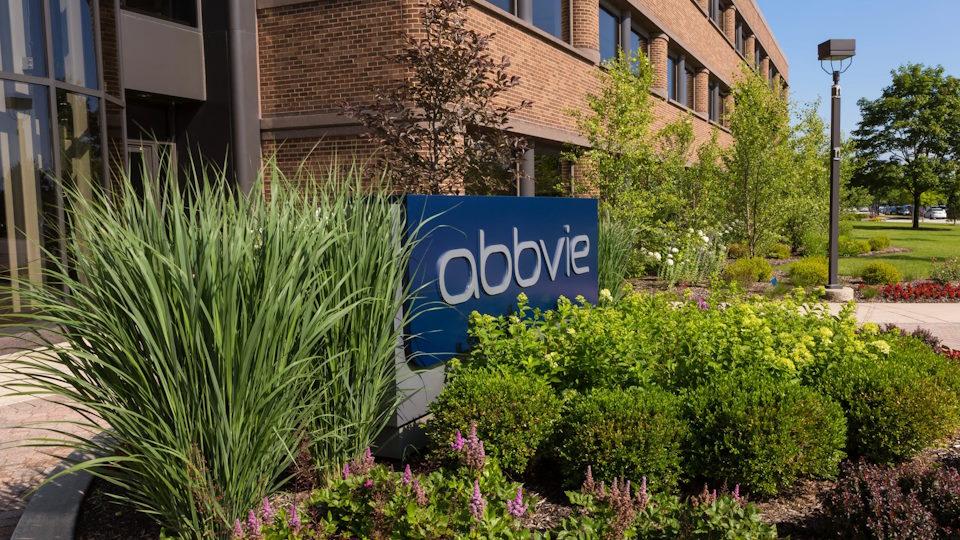AbbVie licenses FutureGen IBD drug in $1.7bn deal

The high value attached by pharma companies to inflammation and immunology (I&I) programmes is on display once again, as AbbVie agrees a deal worth up to $1.7 billion for an inflammatory bowel disease (IBD) therapy still in preclinical development.
AbbVie is paying $150 million upfront for rights to Chinese biotech FutureGen Biopharmaceutical’s FG-M701, described as a next-generation antibody that binds to tumour necrosis factor-like ligand 1A (TL1A), which has emerged as a popular new target in IBD with several candidates in a race to market.
According to AbbVie, FG-M701 could offer best-in-class functional characteristics compared to what it calls first-generation TL1A antibodies, with the potential to offer “greater efficacy and less frequent dosing as a therapy for IBD,” which includes ulcerative colitis (UC) and Crohn’s disease. The deal includes an additional $1.56 billion in clinical development, regulatory, and commercial milestones.
The company has a long presence in therapeutics for the disease, with drugs like TNF inhibitor Humira (adalimumab), now seeing sales in decline due to biosimilar competition, and has been adding new I&I candidates to compensate. Last month, it also bought Landos Biopharma for $212 million, adding oral NLRX1 agonist NX-13 in phase 2 for UC.
“The prevalence of IBD continues to increase, and many people living with ulcerative colitis and Crohn’s disease do not respond to current therapies,” said Jonathon Sedgwick, AbbVie’s global head of discovery research.
“AbbVie’s mission to raise the standard of care includes the pursuit of transformative therapies that help more patients living with autoimmune diseases achieve remission,” he added.
TL1A has attracted the attention of other drugmakers in the last couple of years, as it operates upstream of TNF and also affects several other downstream pro-inflammatory cytokines.
MSD – known as Merck & Co in North America – acquired rights to phase 3 TL1A drug PRA023 (now MK-7240) when it bought Prometheus Biosciences for $10.8 billion. Roche, meanwhile, paid $7.1 billion for rights to Roivant’s Telavant subsidiary and TL1A drug RVT-301 in late-stage development for IBD, while Sanofi recently reached a $1 billion licensing deal last year for Teva’s TEV-48574 in phase 2b. Other companies with candidates in the pipeline include Pfizer, Spyre Therapeutics, and Absci.
Analysts have suggested that TL1A inhibitors could have blockbuster sales potential as second-line therapy for IBD refractory to first-line TNF biologics, with plenty of upside if they move into earlier use in IBD and are approved for other I&I indications.












